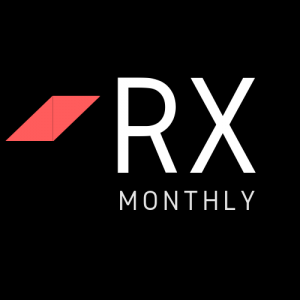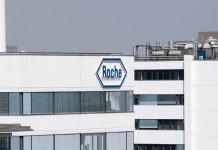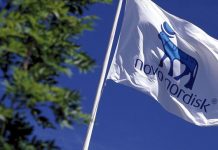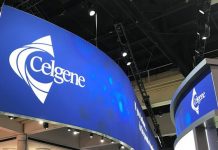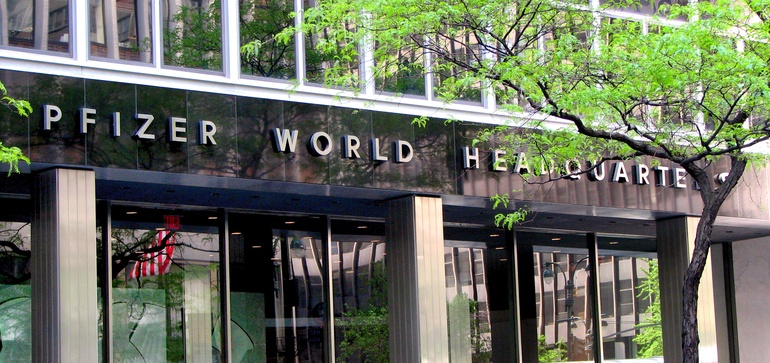Neither Pfizer or Novartis are among the handful of companies at the leading edge of NASH drug development, which has yet to advance a therapy past U.S. regulatory review.
Each, though, has built a research presence in the space that could yield dividends down the road if the market for NASH drugs develops as industry executives currently anticipate.
Pfizer will bring three clinical compounds to the table, including an Acetyl CoA-carboxylase (ACC inhibitor) and ketohexokinase inhibitor that are both in Phase 2 testing.
Those drug candidates will be paired with Novartis’ Farnesoid X receptor (FXR) agonist tropifexor in non-clinical and Phase 1 studies aimed at assessing the potential of a combination therapy.
It’s an approach that other drugmakers, most notably Gilead Sciences, are adopting in an effort to target the inflammation, fat build-up and fibrosis that characterizes NASH.
“Liver diseases, including NASH, are multifaceted with various factors that contribute to the progression of the disease,” said Eric Hughes, Novartis unit head for immunology, hepatology and dermatology in an Oct. 29 statement.
Novartis previously inked deals with Allergan and biotech Conatus, licensing the latter company’s experimental drug emricasan and laying out a mid-stage study of the former’s cenicriviroc with tropifexor.
With tropifexor, Novartis could challenge Gilead, which is also developing an FXR agonist for NASH.
Since 2014, when the study success of a drug from Intercept Pharmaceuticals put NASH on many investors’ radar, the pipeline of experimental therapies has steadily expanded. To date, though, most research remains in early or middle stages, with only four therapies advancing into late-stage study.
That could change next year, with expected Phase 3 data readouts from Gilead, Intercept, and the French biotech Genfit.
But broader questions about the market’s potential remain unanswered. Estimates of prevalence are all over the map and it’s still unclear how earlier, asymptomatic patients would be diagnosed and treated, if at all.
Partnerships like Pfizer and Novartis’, meanwhile, are evidence of a field still searching for the right mechanism to target the underlying inflammation responsible for fibrosis.
